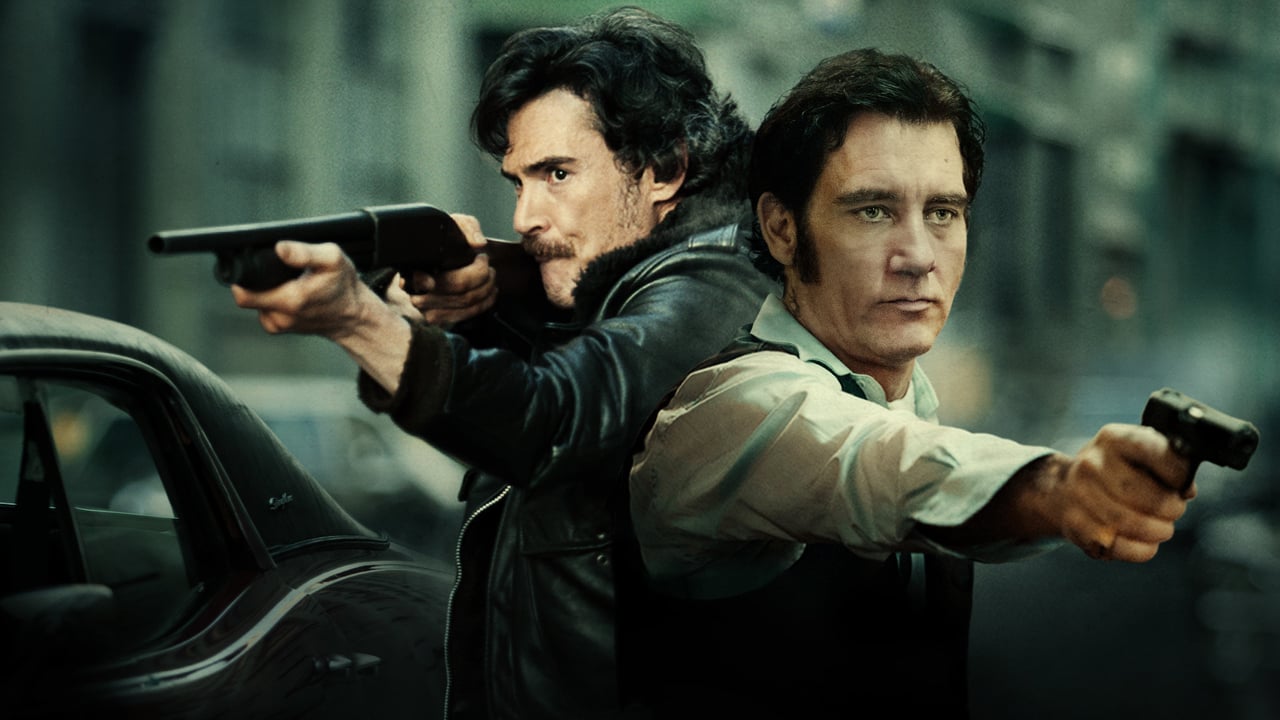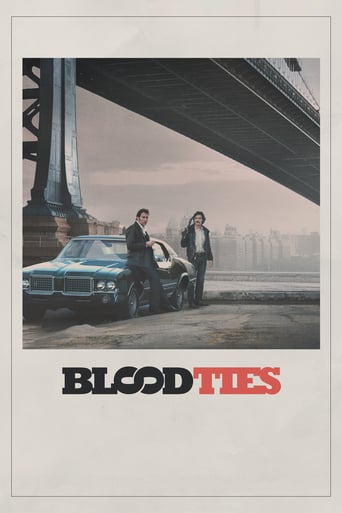

People just don't act like this. Perhaps in France where the writer/director is from, you stick with family members who are total losers, living in your little village with the one little well. Here in America, we have much more affiliation with friends and our co-workers than with any jerk relatives, even in 1970. Many families have spread across the country and hardly see each other any more.When I read the box office section, I misread the 46 thousand domestic gross as 46 million. So I do the highlight>copy>New Tab>Bookmarks>Box Office Mojo>paste>search>click, because Jeff Besos is too inconsiderate to put a link both ways even though he owns both websites. So then I see they spent 25 million and got 2 million back from sales in France. So I guess those European investors that wanted to make a killing in the American market lost almost everything. Sorry, c'est dommage.The sad thing is that if the editor or the money men deleted one scene, just one scene, this movie would be 100 times better. That scene was where the bad brother executes and entire family at that restaurant, for reasons unknown. Its awful hard to care about this sociopath jerk after that, and that scene was pretty early in the movie. With the time saved by taking that scene out, they could have put in a scene explaining how the crazy ticked-off ex husband escaped and was in pursuit of the cop brother. That would have made the ending more understandable, if no more sensible.A few news flashes for French directors. An ex-con that just got out might get mad at his ex-girlfriend when he is drunk and lonely late at night. He will not take a gun into Grand Central Station to execute the girl and her cop boyfriend. Next flash: street hoods in Brooklyn in the 1970s did not carry machine guns. Another flash: Some loser brother does not get out of prison and start killing people, robbing people, and running girls without getting his knees broken by the Italians, and Puerto Rican, and Koreans, and gosh knows how many other established criminal enterprises there were in that neighborhood.I think the director was insecure in his story and his actors, so he had to spray gratuitous drama wherever he could. This is so sad, since the actors and cinematography and music and editing were all so good. This movie showed me how little can be wrong to make a competent production into a flop.Just toning everything down would have made this a decent move. Make the bad brother a lovable rogue, not a complete sociopath. No executing his henchmen in the robbery or other absurdities. Cripes, robbers are not murderers, it is just such incoherent characterization. I kinda lost track of all the girls, forgetting who was an ex-wife or a sister, or a lover, or some random broad off the street. Less is more.And none of this love-you-hate-you-love-you-hate-you brother nonsense. Maybe make the cop brother get involved by busting brothels to make room for his brother's business, and of course, he would be in on the take. Its either that or make it a simple bad guy chased by the good cop with no family relationship, just good vs bad.Its dripping with drama, but its all cargo-cult drama. The director has never read or studied much less been in real situations in the 1970s. He has dreamed up this confabulated image based on all the other (bad) movies he has watched, so the behaviors and characters in the movie don't ring true. I think of the violence in Goodfellas, and there was the central murder of Billy Batts, and Joe Pesci shooting the kid, and him getting his just rewards in the end. But there was no willy-nilly killing sprees. Mobsters are about money, not violence. The violence happens but as a result of chasing the money. Killing a whole family? They have assets, take the restaurant like in Donnie Brasco, or any other type of hard-butt extortion. Its all about money and killing people does not get you your money back, and attracts way too much attention from law enforcement.The real pathos about this flick it that it could have been saved if they just cut out the absurd violence, and simplified the plot, and took out a few characters. They could have made back the budget in the editing room. A few re-shoots might have made it a profit-maker. What a sad sad waste.
... View MoreBlood Ties sets the standard as a film taken place during the 1970's. The basics, Chris (Clive Owen) is just out of the joint, trying to go straight and essentially do right by his cop brother Frank (Billy Crudup), but he's got a messy past to deal with, including making amends with Monica (Marion Cotillard), a prostitute and mother to his children. Meanwhile, Chris falls into a relationship with Natalie (Mila Kunis), a girl he meets during a stint working at a garage. Frank tries desperately to vouch for his brother to his cop pals, who suspect he's going fall back into the life of crime, while he enters a romance with Vanessa (Zoe Saldana), an ex-girlfriend whose boyfriend Scarfo (Matthias Schoenaerts) he recently busted and sent to jail. Blood Ties does take quite a while to make an impression but the does get interesting in it's final 40 minutes or so. It may be a slow film, but the characters and acting performances from the cast make up for its redundant plots, and lack of plot holes.
... View MoreI mean this literally. I realized when I started to watch this that I had already seen it several months ago yet I couldn't remember a thing about it. The first question you have to ask when you see a period piece movie is do they really need to set the film in this era. I don't get it for this movie; there' no time like the present.There were way too many personal angles to be addressed in a two hour movie (it felt like a lot more). If you want to tell this kind of story you should do it on TV. This is only my opinion but trying to make a movie that's supposedly all about acting is a huge mistake if your story is weak. This is especially true when Clive Owen is part of the cast as he's pretty thin on talent.The only reason that I am writing this review is so that I won't try to watch this a third time.
... View MoreBlood Ties (2013)Despite the strangely French roots to this movie (director, writer, production company), this is a deeply American story with many traditional, almost overworn crime and cop/robber aspects. It works overall—it's not a bad film. It's gritty and well acted, and it plays with the clichés in an honest enough way to keep them alive and compelling.Clive Owen has the biggest role, playing a con just getting out of jail. His father (James Caan) just had lung surgery and is apparently not in good health. And his brother (Billy Cudrup) offers to give him a place to live. This brother also happens to be a cop, and if there is something an ex-con learns to hate more than anything it is cops.So the story is ostensibly about the two brothers and their conflict, and about some childhood incident where the cop brother betrayed the criminal brother. It's not like this led the one to crime, but more that the cop has always been afraid of doing wrong, and maybe afraid of standing up for his brother when the chips are down.In a way this is the key to the movie—at what point do you do the right thing for society and turn in your very bad brother, your own flesh and blood? Some would say never. I'm not so sure. (The uni-bomber was finally revealed by his brother, and it probably saved some innocent lives.) But it comes down to that very deep honor, about doing right in some lofty sense, not just the letter of the law.And this is the best part of the movie. The crime and violence part of things, with all the usual taunts and gun battles and hiding out, is all well and good, but it's pretty common stuff. The interactions between the two leading men is what makes the movie stand apart, and is why you should watch it. It takes on a less mythic quality than, say, "The Godfather," which of course is also about being true to family above all else (usually). And that's good, too, the grit and realism make even the outrageous and dramatic final scene believable.
... View More